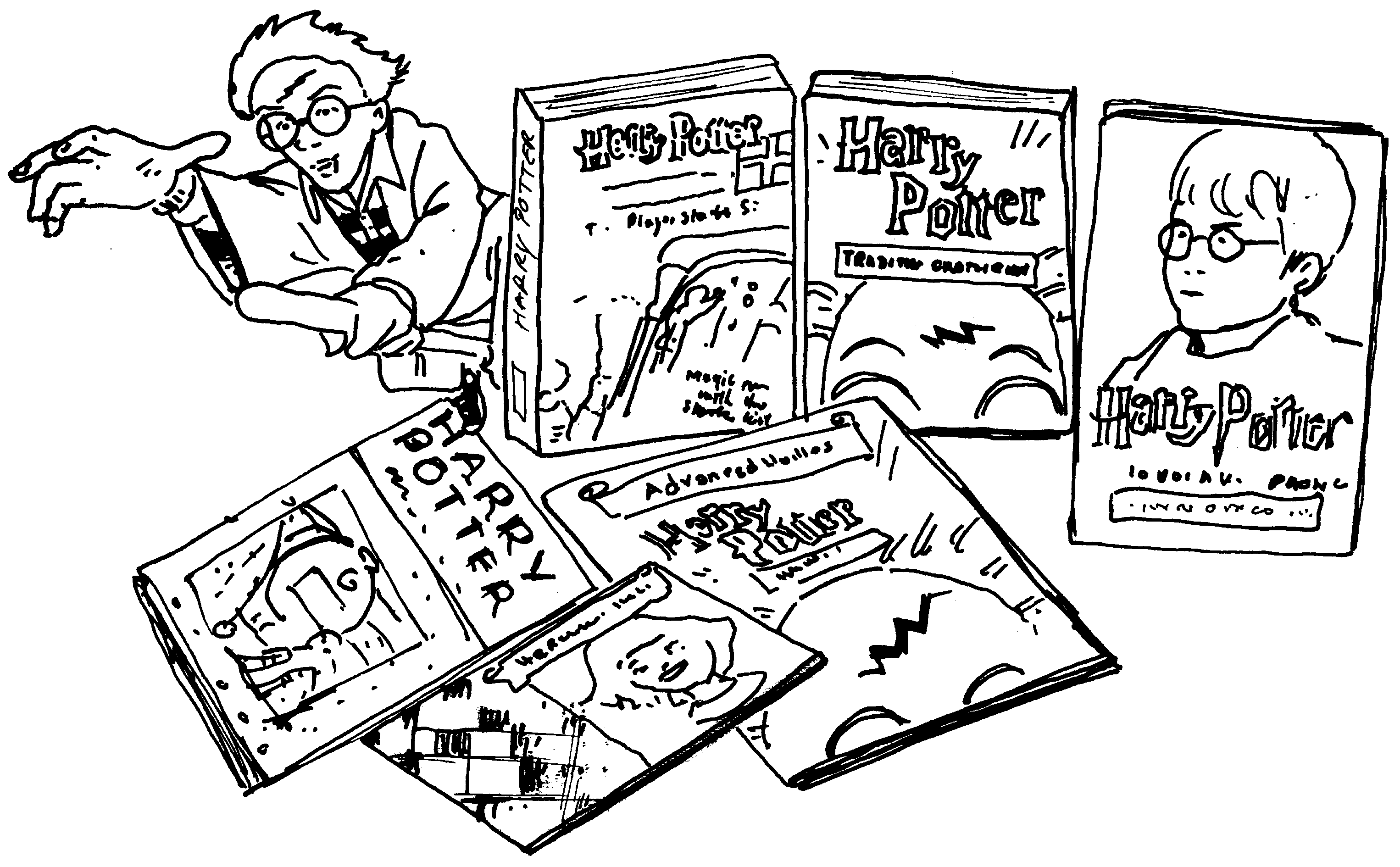| << Chapter < Page | Chapter >> Page > |

What you need to do
The quiz
…………………………………………………………………………………
…………………………………………………………………………………
…………………………………………………………………………………
…………………………………………………………………………………
…………………………………………………………………………………
…………………………………………………………………………………
…………………………………………………………………………………
…………………………………………………………………………………
…………………………………………………………………………………
…………………………………………………………………………………
…………………………………………………………………………………
…………………………………………………………………………………
…………………………………………………………………………………
…………………………………………………………………………………
…………………………………………………………………………………
…………………………………………………………………………………
…………………………………………………………………………………
FEED YOUR MIND AND SHARE YOUR SNACK WITH YOUR FRIENDS
What you will need
What you will do
What the group will do
1 = boring 2 = so-so 3 = good 4 = Oscar performance!
| NAME: | |||||
|
1 | 2 | 3 | 4 | |
|
1 | 2 | 3 | 4 | |
|
1 | 2 | 3 | 4 | |
|
1 | 2 | 3 | 4 | |
After every actor has had a chance to perform, vote for the Oscar Award Winner from your group. Cast your votes NOW. These actors then perform for the whole class to round off the “show”.
NEXT UP - You’ll have to do some homework.
Now don’t panic. All actors get to go home and study their script for the next day. Your teacher will supply the script (an Aesop’s Fable) and all you have to do is read it thoroughly. Be sure you know the storyline and characters. Imagine how you would stage the story. Practise some moves.For tomorrow you will have to discuss the scene with your group and pool your ideas. Yes, you are going to make the Fable come alive!
Tips
Create questions from the following sentences. The first one is done to give you the idea.
1. The crow dropped the cheese.
Did the crow drop the cheese?
2. The mouse saved the lion.
Was …………………………………………………………………?
3. The geese are in trouble.
Are …………………………………………………………………..?
4. She thinks the grapes are sour.
Does ………………………………………………………………..?
5. Ants can work very hard.
Can …………………………………………………………………?
6. The locusts were lazy.
Were ………………………………………………………………..?
Now do it in reverse. Change the questions into statements and remember to end off with a full stop.
1. Have they seen the flowers?
They have seen the flowers.
2. Were the police informed?
The …………………………………………………………………………..
3. Is there a frog in the milk jug?
There ……………………………………………………………………….
4. Will another fox come along?
Another …………………………………………………………………….
5. Was the traveller chilled by the wind?
The …………………………………………………………………………
6. Has an owl hooted tonight?
An ………………………………………………………………………….
LEARNING OUTCOME 2: SPEAKING The speaker is able to communicate effectively in spoken language in a wide range of situations.
We know this when the learner:
2.1 communicates experiences, ideas and information in different contexts for different audiences and purposes:
2.2.5 responds to others’ ideas with empathy and respect;
2.2.8 shows respect for others in the group;
2.3 uses appropriate body language and presentation skills;
2.3.3 uses audible volume, pauses appropriately, and speaks at reasonable pace.
LEARNING OUTCOME 6: LANGUAGE STRUCTURE AND USE The learner will know and be able to use the sounds, words and grammar of the language and interpret texts.
We know this when the learner:
6.2 works with sentences:
6.2.4 uses a variety of sentence types correctly and appropriately (statements, questions, commands, exclamations).
Activity 3
1. Was the lion saved by the mouse?

Notification Switch
Would you like to follow the 'English home language grade 4' conversation and receive update notifications?